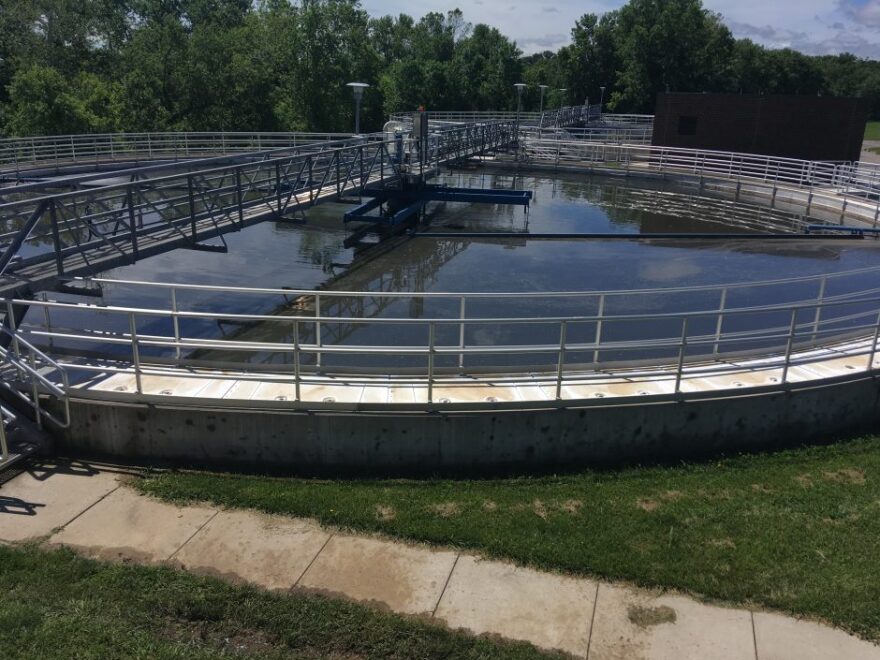University of Missouri scientists have tested about 3,000 wastewater samples from water treatment plants, prisons, veterans homes and colleges and launched an online dashboard that shows where coronavirus concentrations are increasing.
The Sewershed Surveillance Project tests the wastewater of 4 million people, or nearly 70% of Missouri’s population.
The researchers also are testing the samples for mutations, including a new, more contagious coronavirus variant recently found in Marion County, and how resistant those variants are to the coronavirus immunizations being rolled out nation-wide.
“What I’m really spending most hours of my week thinking about now is how the virus is going to adapt to the vaccine,” said Marc Johnson, a molecular biologist at Mizzou. “We know the virus is evolving, so we’re starting to test the wastewater to see what mutations are appearing in Missouri.”
The research could help scientists learn what kind of variants are spreading in Missouri cities.
Sewage does not contain large amounts of the whole virus, but it does contain genetic material that shows when someone is infected, Johnson said. Scientists at Mizzou collect weekly or bi-weekly samples from sewage treatment plants throughout Missouri to test for the viral DNA. Sometimes dozens of boxes of wastewater samples arrive at the lab every day.
The wastewater testing creates a broader picture of how widespread the disease is. Not everyone gets a coronavirus test, but everyone uses the toilet, he said. The amount of coronavirus remnants in sewage has tracked almost perfectly with the number of coronavirus patients admitted to hospitals.
When the researchers see a big spike in the amount of virus in the samples, they alert local health departments. Most health officials aren’t surprised when they get the call, Johnson said.
But the testing has helped the state monitor infections in the state’s 21 prisons.
“I think it’s been really helpful that we can tell them which facilities are worth doing some random testing at,” Johnson said. “If they’re reading zero in the wastewater, there’s probably no point."
As the number of coronavirus infections decreases and fewer people receive tests, the surveillance will become more vital, said fellow researcher Chung-Ho Lin, lead scientist in charge of bioremediation and natural products research programs at the Center for Agroforestry in the School of Natural Resources.
“Once the cases start to decline and all the vaccination plans are implemented across the state, the state will probably not invest as much resources for testing and monitoring,” he said. “What’s the only reliable evidence to inform the community? That’s wastewater!”
The data, accessible in a map online, could prove a valuable tool for people to use in making decisions about their health later in the year.
“As a Missouri resident, the only thing that can convince me to take off the mask is going to be the data from the wastewater,” Lin said.
Follow Sarah on Twitter: @petit_smudge
Copyright 2021 St. Louis Public Radio.






